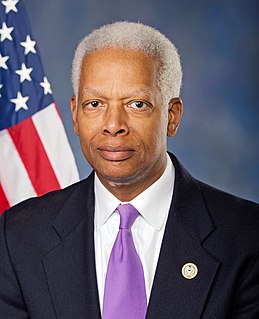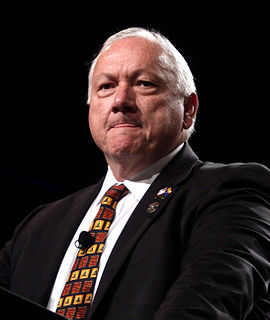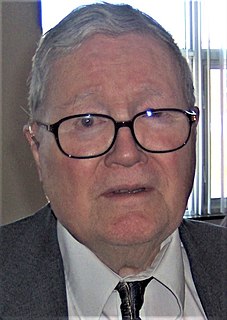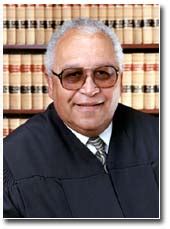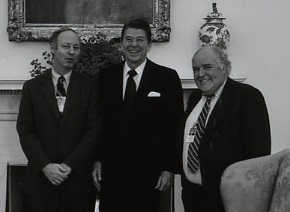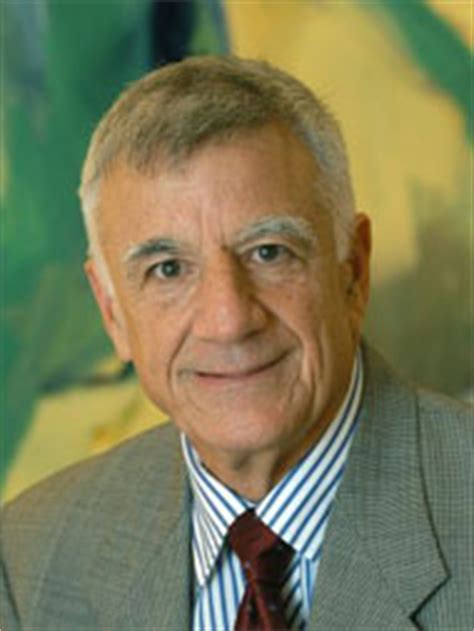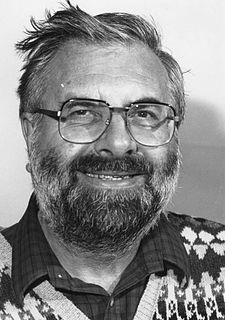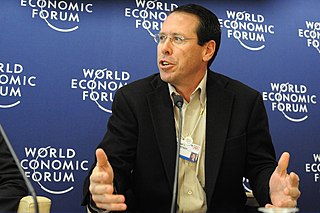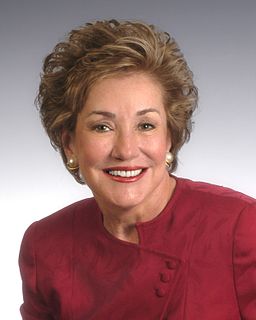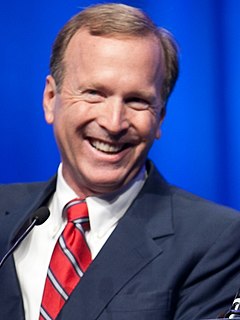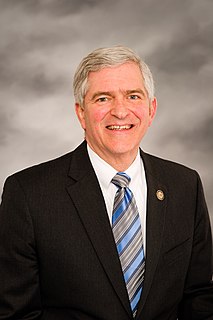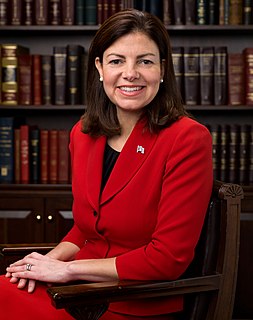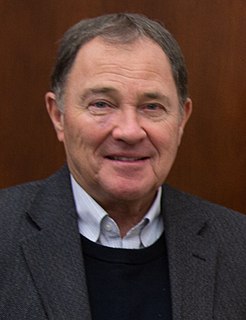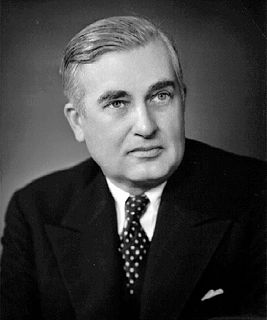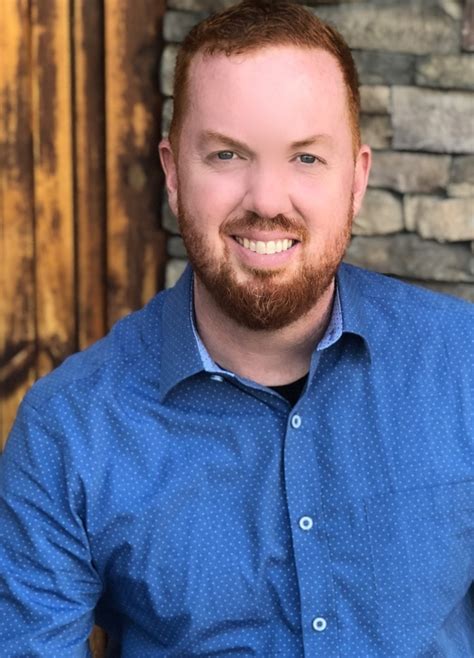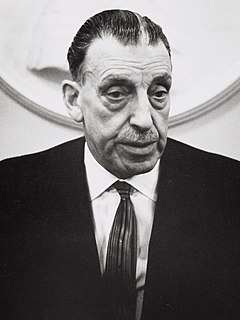Top 1200 Public Policy Quotes & Sayings
Explore popular Public Policy quotes.
Last updated on April 14, 2025.
To attach full confidence to an institution of this nature, it appears to be an essential ingredient in its structure, that it shall be under private and not a public direction-under the guidance of individual interest, not of public policy; which, would be . . . liable to being too much influenced by public necessity.
A much more radical conclusion . . . that, so far as I know, is shared by only a very few students of public choice [is]: that government employees or people who draw the bulk of their income from government by other means should be deprived of the vote . . . It is another example of the opening up of alternatives for investigation and the presentation of new conceivable policy options characteristic of public choice, rather than a policy that all its students favor.
The founders of this nation understood that private morality is the fount from whence sound public policy springs. Replying to Washington's first inaugural address, the Senate stated: "We feel, sir, the force and acknowledge the justness of the observation that the foundation of our national policy should be lain in private morality. If individuals be not influenced by moral principles it is in vain to look for public virtue."
Unsurprisingly, the poll-takers don't talk a lot in public about the ignorance of the electorate on political and public policy matters. And the politicians are not going to disclose the, let's say, limited body of knowledge in their constituencies. You don't get elected calling your voters airheads.
Now it is worth noticing two things about the private substitutes that I have described. The first is that in the aggregate they are probably much more expensive than would be the implementation of the appropriate public policy. The second is that they are extremely poor replacements for the missing outcomes of good public policy. Nevertheless, it is plain that the members of a society can become so alienated from one another, so mistrustful of any form of collective action, that they prefer to go it alone.
The policy that received more attention particularly in the past decade and a half or so has been the US cocaine policy, the differential treatment of crack versus powder cocaine and question is how my research impacted my view on policy. Clearly that policy is not based on the weight of the scientific evidence. That is when the policy was implemented, the concern about crack cocaine was so great that something had to be done and congress acted in the only way they knew how, they passed policy and that's what a responsible society should do.
If the Federal Reserve pursues a policy which Congress or the President believes not to be in the public interest, there is nothing Congress can do to reverse the policy. Nor is there anything the people can do. Such bastions of unaccountable power are undemocratic. The Federal Reserve System must be reformed, so that it is answerable to the elected representatives of the people.
Indeed the three policy pillars of the neoliberal age-privatization of the public sphere, deregulation of the corporate sector, and the lowering of income and corporate taxes, paid for with cuts to public spending-are each incompatible with many of the actions we must take to bring our emissions to safe levels.
But, that’s the whole point of corporatization - to try to remove the public from making decisions over their own fate, to limit the public arena, to control opinion, to make sure that the fundamental decisions that determine how the world is going to be run - which includes production, commerce, distribution, thought, social policy, foreign policy, everything - are not in the hands of the public, but rather in the hands of highly concentrated private power. In effect, tyranny unaccountable to the public.
Under the rule of the "free market" ideology, we have gone through two decades of an energy crisis without an effective energy policy. Because of an easy and thoughtless reliance on imported oil, we have no adequate policy for the conservation of gasoline and other petroleum products. We have no adequate policy for the development or use of other, less harmful forms of energy. We have no adequate system of public transportation.
The major economic policy challenges facing the nation today - pick your favorites among the usual suspects of low public and household savings, concerns about educational quality and achievement, high and rising income inequality, the large imbalances between our social insurance commitments and resources - are not about monetary policy.
I believe in an America that is officially neither Catholic, Protestant nor Jewish; where no public official either requests or accepts instructions on public policy from the Pope, the National Council of Churches or any other ecclesiastical source; where no religious body seeks to impose its will directly or indirectly upon the general populace or the public acts of its officials; and where religious liberty is so indivisible that an act against one church is treated as an act against all.
RTE was set up by legislation as an instrument of public policy, and, as such is responsible to the government. The government have overall responsibility for its conduct, and especially the obligation to ensure that its programmes do not offend against the public interest or conflict with national policy as defined in legislation. To this extent the government rejected the view that RTE should be, either generally or in regard to its current affairs programmes, completely independent of government supervision.
Transparency concerning the Federal Reserve's conduct of monetary policy is desirable because better public understanding enhances the effectiveness of policy. More important, however, is that transparent communications reflect the Federal Reserve's commitment to accountability within our democratic system of government.

